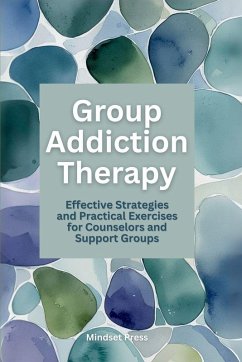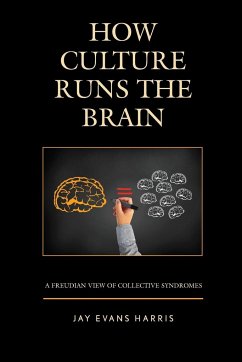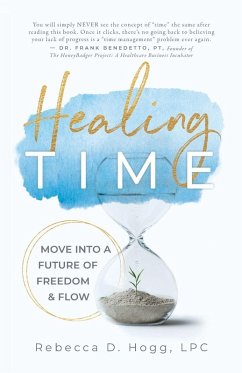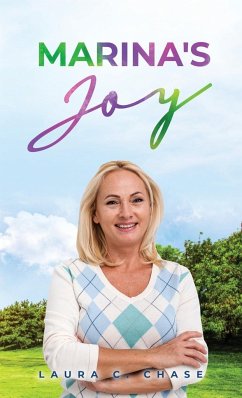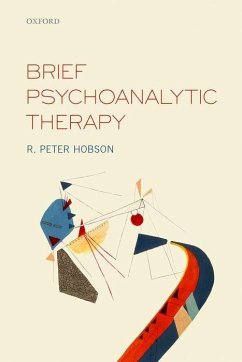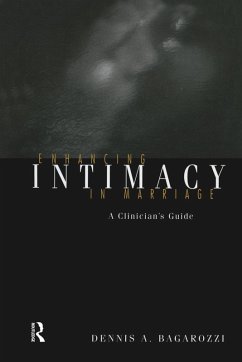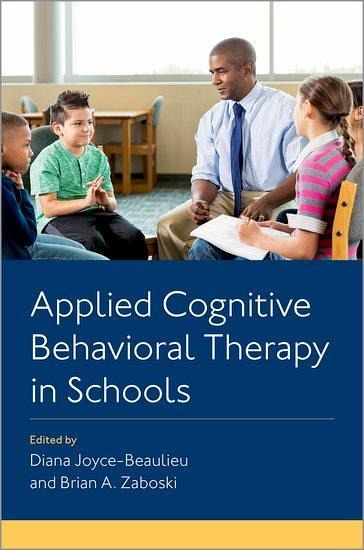
APPL COGNIT BEHAV THERAPY IN SCHOOLS P
Versandkostenfrei!
Versandfertig in 1-2 Wochen
66,99 €
inkl. MwSt.
Weitere Ausgaben:

PAYBACK Punkte
33 °P sammeln!
Applied Cognitive Behavioral Therapy in Schools is a primarily a textbook for students and beginning practitioners looking to implement CBT to address common problems experienced by school-aged youth, such as anxiety, depression, or emotion dysregulation. Presenting an accessible overview of CBT from beginning to end, the volume features printable handouts, and includes realistic case studies that review and illustrate the use of skills presented in each chapter.





